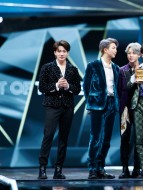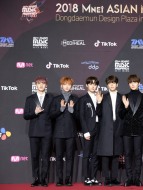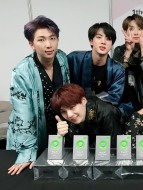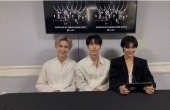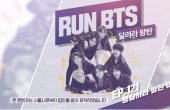Home > Feature
3 Korean buzzwords you should know in 2016
By Suk Gee-hyun
 |
Every year comes with a new batch of buzzwords you need to know. It helps you to keep yourself in the loop, or understand captions on the latest variety shows.
Even for Koreans, it’s sometimes hard to understand some words and you end up looking for explanations online.
Here are our picks for some Korean buzzwords to know in 2016. This will help you understand better when listening to Korean people talk, whether it be in movies, dramas or reality shows.
1. Kkondae
 |
| JTBC TV series “Songgot-Piercer”(JTBC) |
JTBC TV series “Songgot-Piercer” or tvN’s 2014 hit “Misaeng” are some good examples of raising the issues of “kkondae culture” in Korea. Both document tough military-style hierarchies in everyday work environments, illustrating the injustices at Korean workplaces today. While the term “kkondae” may refer to something as big as treating workers unfairly or in illegal ways, it is also used for stubborn people with no consideration for others, mostly younger people or junior colleagues.
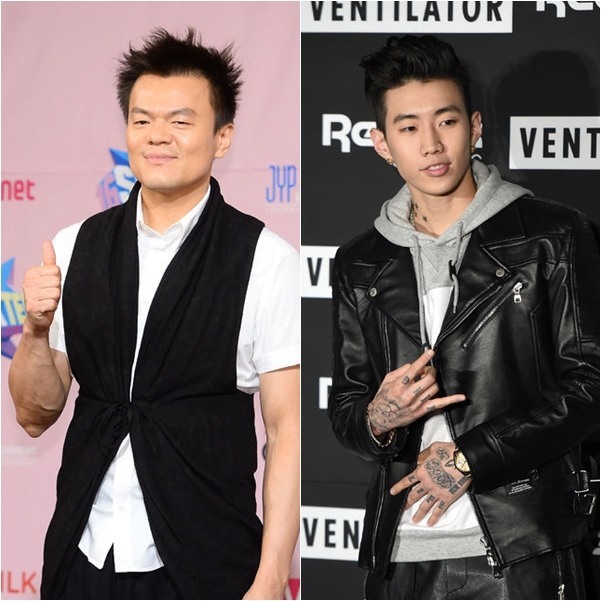 |
| Park Jin-young and Jay Park (OSEN) |
Another fine example is when Jay Park wrote critical and sarcastic lyrics to his single “Fuckboy” last year, believed to be targeting JYP Entertainment CEO Park Jin-young.
The lyrics go: “My past teacher is jealous thinking that we might be on the same level someday. I’m like no others in the K-pop scene. You’re just a TV personality doing money-making business with fans. I’ll keep moving even if you try to stop me. I was close to getting cast in a music festival. Yes, kkondae man should act his age. So immature and childish.”
2. Tsundere
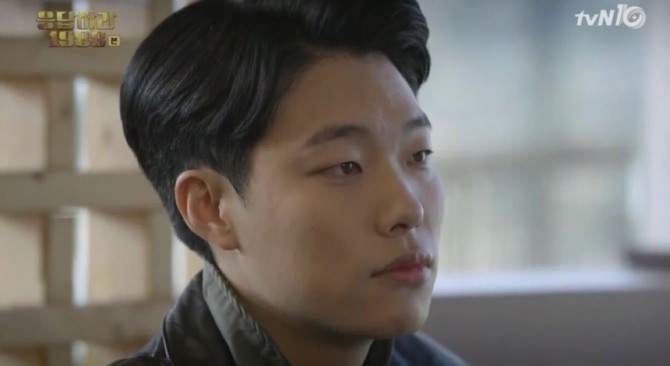 |
| Ryu Jun-yeol in "Reply 1988" (tvN) |
“Tsundere” is a Japanese word commonly used in Korean media these days. It’s often used to describe male characters who run hot and cold in TV series or films. But digging down deeper into its meaning and derivative, “tsundere” has a wider spectrum of one’s behavior and personality.
The word is a combination of Japanese word “tsun,” which refers to someone who acts blunt, and “dere,” someone who is affectionate. So the word describes someone who acts cold at first but slowly warms up to others.
The latest example would be Ryu Jun-yeol’s character Jung-hwan in tvN’s “Reply 1988.” His “tsundere” style in the drama made countless female fans cringe, especially in scenes like when he waits for Dukseon (Hyeri’s character) in front of their home while pretending he just got there.
In Japan, the term has generated a new subset of words like “yandere,” “dandere” and “kuudere,” but these are not used in Korea. At least not yet.
3. -mingout
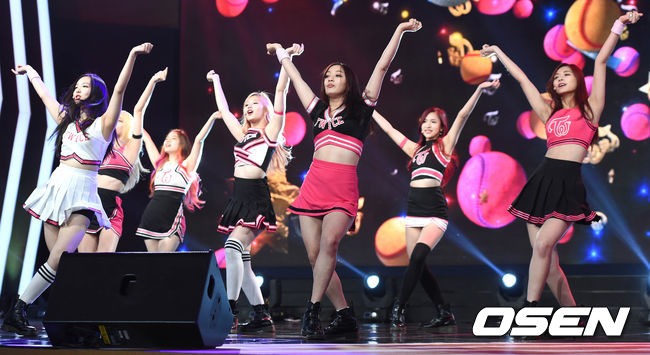 |
| TWICE (OSEN) |
Test yourself if you can understand what these words mean:
"Tmingout"
"Dukmingout"
The affix “-mingout” is used when someone is coming out of the closet to reveal their sexual identity or what kind of political or social groups they belong to. Its origin, of course, is the expression “Coming out,” a figure of speech for LGBTs disclosure of their sexual orientation.
Common usages include dukmingout, in which “duk” refers to “otaku” or someone who has a strong, unhealthy obsession with something, or simply people who specializs in something and have a vast knowledge about it. Therefore the word ‘dukmingout’ is often used to describe someone who admits their obsession with specific K-pop artists or celebrities.
Tmingout is an actual word recently used in caption by broadcaster MBC Every1’s talk show “Weekly Idol.”
In explaining that girl group TWICE’s debut song “Like Ooh-Ahh” helped the idols gain a strong fandom, a program staff wrote “'Like Ooh-Ahh' is a ‘tmingout’ song.” This apparently means the song makes everyone to realize and disclose that they’re TWICE fans.
By Suk Gee-hyun (monicasuk@heraldcorp.com)









